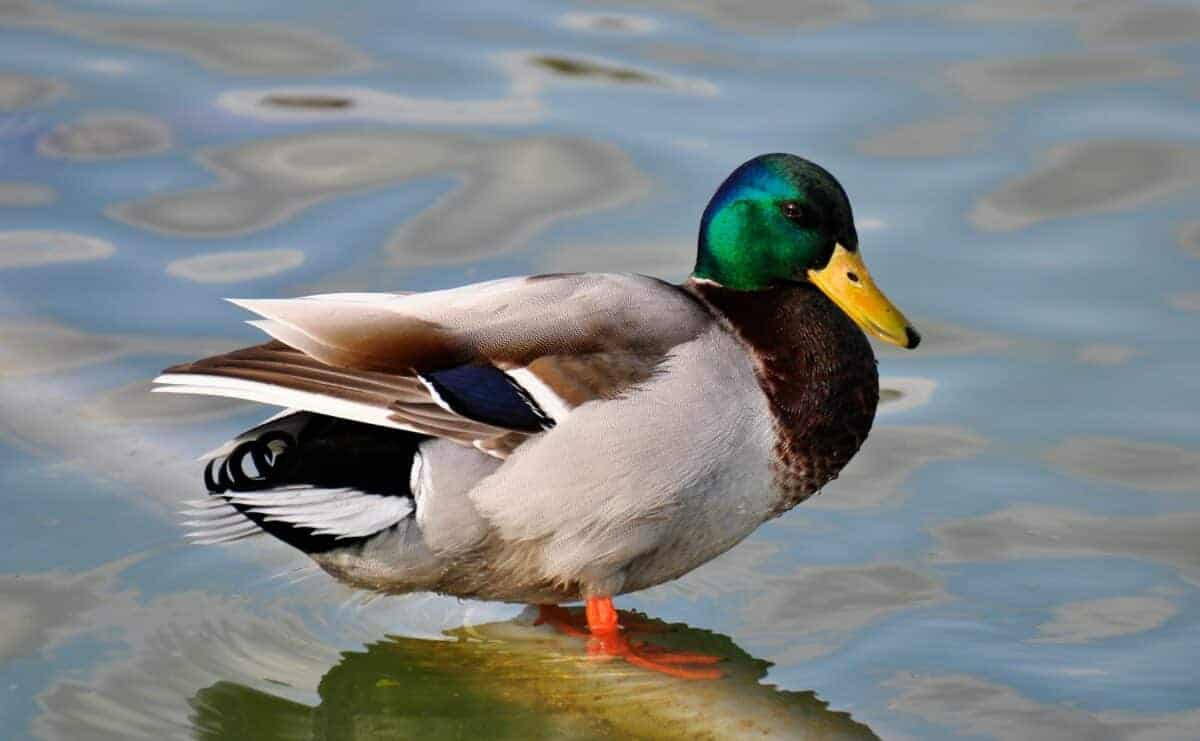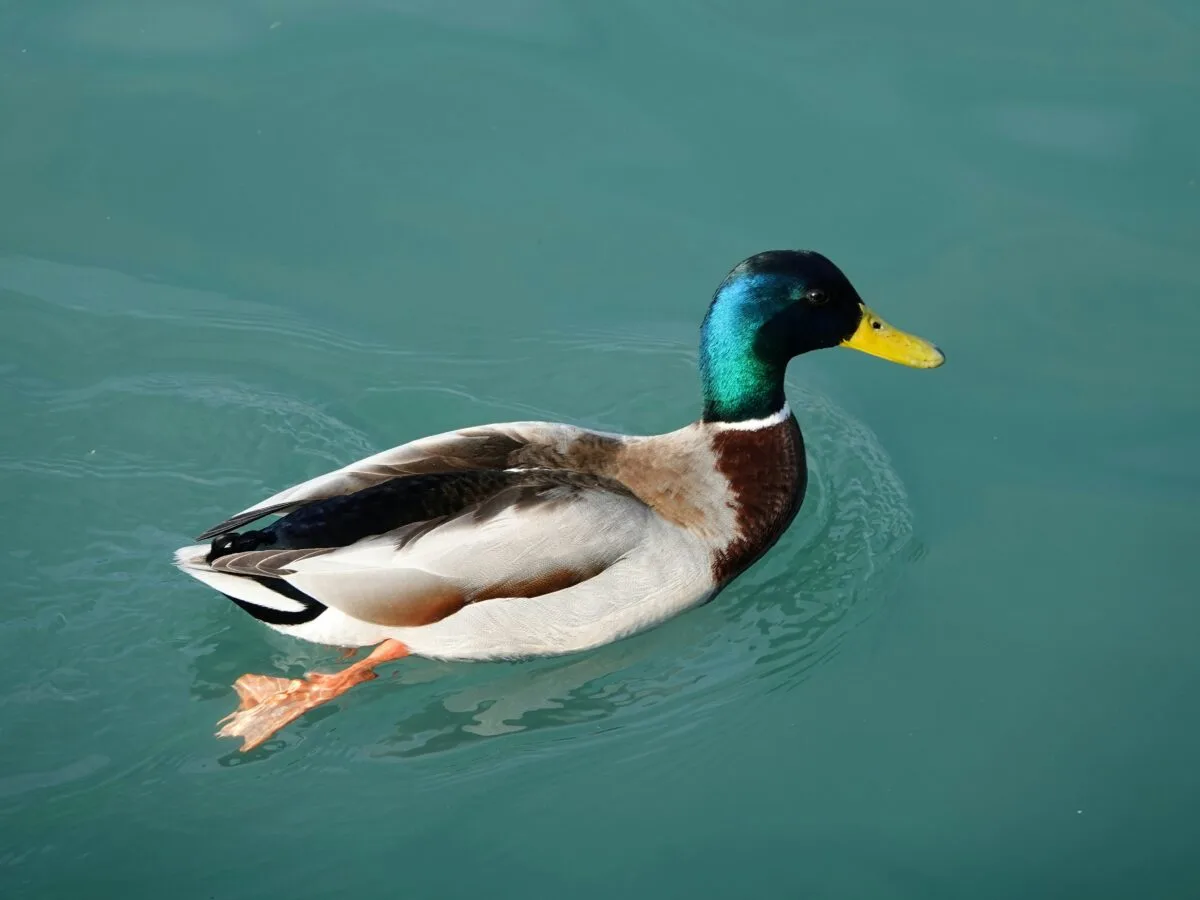The serene allure of a duck pond often entices visitors to share a slice of bread with the graceful waterfowl gliding across its surface. However, while the act may seem harmless, it’s time to unravel the truth behind this age-old tradition. Is feeding ducks bread truly beneficial, or could it be causing more harm than good?
Why Bread is Harmful to Ducks
Ducks and other waterfowl boast a diverse palate, naturally feasting on pond weed, seeds, insects, and a myriad of aquatic delicacies. Yet, when offered bread, they’re presented with a nutritionally deficient substitute. White bread, devoid of vital nutrients, merely acts as a filler in their diet, failing to meet their nutritional needs. This can lead to malnutrition, stunted growth, and a host of health issues.
The Dangers of Feeding Ducks Bread
Beyond the lack of nutrition, feeding ducks bread poses several risks to their well-being and their environment. Ducklings, in particular, are vulnerable to the negative effects of a bread-based diet, hindering their growth and development. Furthermore, the remnants of bread left uneaten can pollute waterways, contributing to algae blooms and disrupting the delicate balance of aquatic ecosystems. Moreover, the practice of feeding bread can attract unwanted guests, such as rodents and other pests, further disrupting the natural habitat of these waterfowl.
What You Should Feed Ducks Instead
Fortunately, there are plenty of alternatives to bread that can provide ducks with the nutrients they need while preserving the integrity of their environment. Foods such as cracked corn, oats, cooked rice, and chopped lettuce are not only more nutritious but also safer for ducks to consume. These options mimic their natural diet more closely, ensuring their health and well-being are prioritized.
The Importance of Avoiding Spoiled Food

In addition to steering clear of bread, it’s crucial to avoid feeding ducks any spoiled or mouldy food. While bread may seem harmless when stale, mould growth can pose a significant threat to waterfowl. Different types of mould can be fatal to ducks, making it imperative to inspect any food offerings for signs of spoilage before feeding them to these feathered friends.
Conclusion
While the act of feeding ducks bread may stem from good intentions, it’s essential to recognize the potential harm. By understanding their dietary needs and the risks associated with feeding them bread, we can take proactive steps. Thus, to ensure their health and well-being are prioritized. So, the next time you find yourself at a duck pond, consider offering them a nutritious alternative. Additionally, contribute to the preservation of their natural habitat.
Thank you for following along with this article –
Next up in the animal kingdom:
- Golden Eagle Is The National Animal For Five Countries Including Mexico
- WATCH The Largest Dinosaur To Ever Exist
Join our Forum for free today!

- Big Cats Love Mouthing Affection - July 22, 2024
- Kind Elephant Merciful To Lion Cubs - July 22, 2024
- Beachgoers Save Massive Shark Stranded In Florida - July 22, 2024

